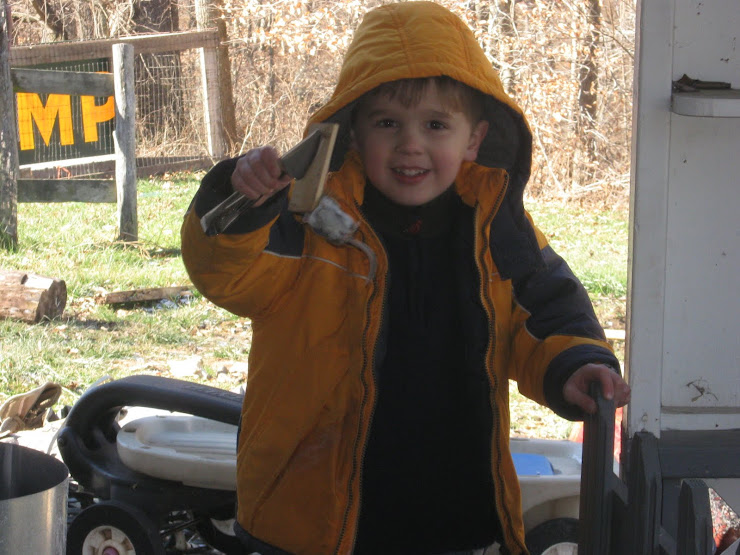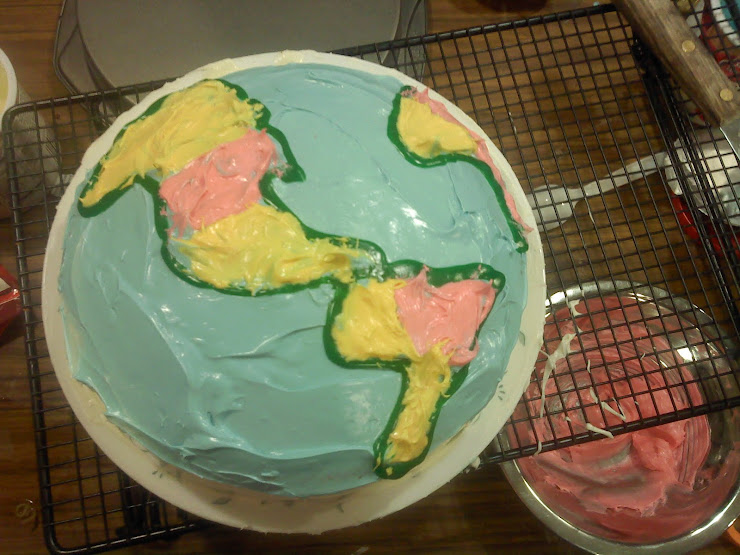Have you ever wondered why a saying such as “You can lead a
horse to water, but you can’t make him drink” sticks around for generations, or
where they even came from? As I ponder
this old saying, I realize that they stick because they breathe truth is so
many lives on so many levels. I imagine
the beginnings of this phrase, oh so many years ago:
A mother paces the living room of her little, candle lit
cabin waiting for her husband to return.
At the table sits her oldest son, head bent appearing to scour his
school work for mistakes to correct. The
door flings open as the old cowboy enters the room. The mother begins her story, detailing all
she has done and tried, points to the boy and cries emphatically “And he STILL
can’t add his numbers!” Calmly, removing
his hat and coat the cowboy utters the now infamous phrase, “Well, darlin’, you
can lead a horse to water but you can’t make him drink.”
 Yep, I’m choosing to believe that this famous phrase was
first coined by the wise and perceptive father of a homeschool family 200 years
ago. Sure, I have nothing to support my story,
but it is my story. The application of
this phrase in a homeschool classroom is so true, so necessary and so wildly
misunderstood, that I believe it had to originate in just such an environment.
Yep, I’m choosing to believe that this famous phrase was
first coined by the wise and perceptive father of a homeschool family 200 years
ago. Sure, I have nothing to support my story,
but it is my story. The application of
this phrase in a homeschool classroom is so true, so necessary and so wildly
misunderstood, that I believe it had to originate in just such an environment.
As homeschooling parents, we tend to think that we are
solely responsible for the education of our children. We have specific reasons that we choose to homeschool. We believe that if they fail to learn, it is
because we didn’t purchase the best, newest curriculum or we didn’t do enough
hands on activities or we did too many hands on activities. And sometimes that is part of the
problem. But often a child’s failure to
learn is completely and entirely his fault.
Sometimes that horse has been led to the cleanest, freshest, tastiest
water and that stubborn, willful horse chooses to wither from dehydration rather
than submit to the suggestion and input of his rider.
Does this give the parents a free pass each time the child
fails? No. A parent shares some of the responsibility as
the adult in charge of the child’s education.
But, especially as children get older, to say that the parent is solely
responsible, solely in charge is to say that the child has neither the ability
nor the will to make choices and decisions affecting his life. This is dishonoring toward our children. It is dishonoring to think that we have the
ultimate control of their little bodies.
We need to honor them, and empower them, with choices that lead them to
the water that they so badly want and need and will willing choose to take,
once the choice has been made theirs.
How do we empower our children to make the choice to
learn? We’ve proven that we can force
them to copy missed spelling words 20 times.
They’ve proven that they can make us as miserable as they are while
doing so. And they’ve proven that,
though we can eventually force the hand to comply we cannot force the brain to
comply. Sometimes, children choose not
to learn, because they have been offered no choice. Children need control; they need to know that
they have control. Because, believe it
or not, they do. And when we refuse to
acknowledge that they have any self-control, they begin to exert their desire
to control everything in their environment.
I am beginning a journey toward offering, especially my
older children some control. I am
offering them the choice between two different science texts, two different
types of math programs, etc. With this
choice comes the responsibility, “you chose this, you don’t have to like it,
but you don’t get to whine or complain about it.”
As we are still struggling with math facts, I have a plan to
help them study but to mostly help them learn how they study best. I am giving them, along with the week’s
facts, a list of possible ways to study.
At the end of the week, if they were successful and know the material,
they will advance to the next set, retaining the power of choice. If they were unsuccessful, they will repeat
the set, following my study instructions.
Upon completion of the set, they will receive a new set and fresh
opportunity to choose, hoping that they will begin to discover how they learn
best, a skill that will serve them well in high school and college.
When we begin to treat our children like they truly are capable
of rational thought and are able to make choices, we suddenly empower them to
do and become anything God calls them to do in life. Choices are powerful.
What choices have you given your children to empower them in their own education?
Check out other homeschool, family and natural living blogs at A Mama's Story.
What choices have you given your children to empower them in their own education?
Check out other homeschool, family and natural living blogs at A Mama's Story.























No comments:
Post a Comment